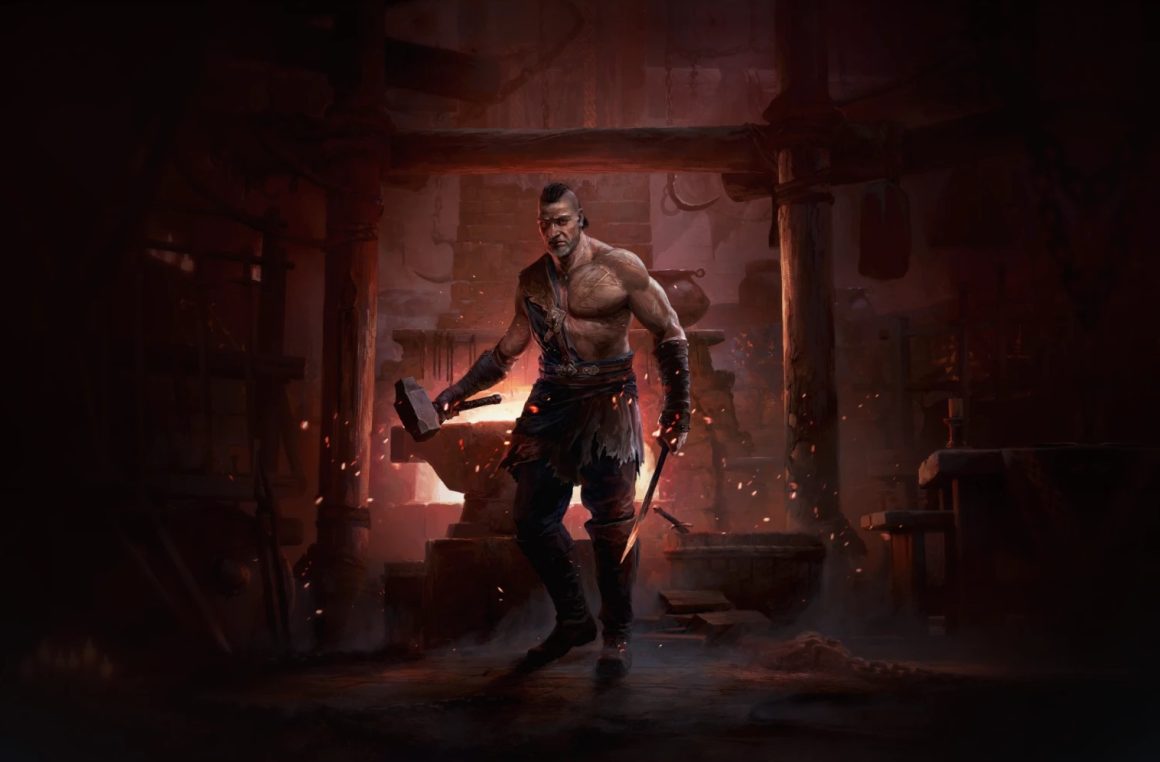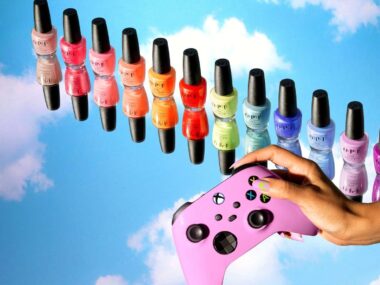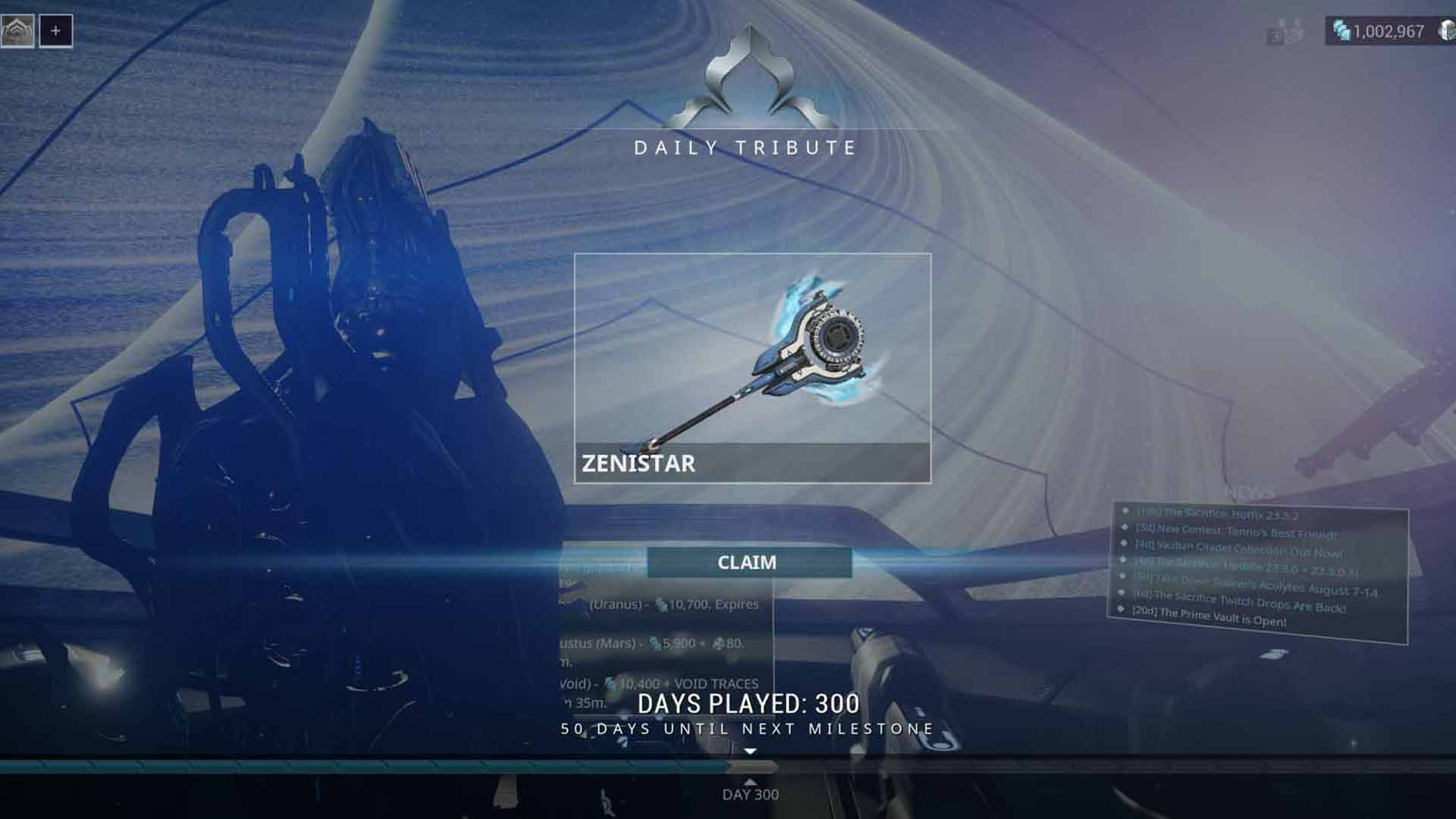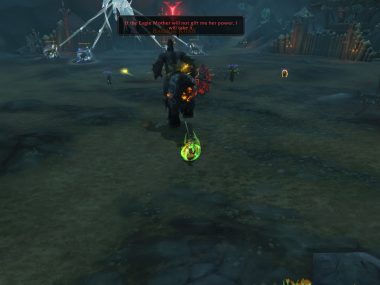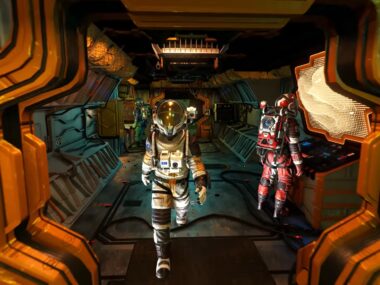Path of Exile 2 (POE 2) was released on December 6th. I jumped into the game, not knowing what to expect. I was happily killing monsters and smack-talking to my monitor when I suddenly got swarmed. I couldn’t move. I watched my character die. I thought, “This is new,” and channeled my slight frustration into a renewed passion to clear the map. Deep into my role-play, talking smack to a boss, it one-shot me. I laughed as I realized POE 2 is harder than POE 1. Much harder. Little did I know, moments like these would define my experience with POE 2—both its highs and its frustrations.
Catering to the Hardcore Audience
Grinding Gear Games (GGG) made a bold choice with POE 2, leaning heavily into a more challenging gameplay experience. For a studio renowned for catering to a hardcore audience, this direction feels fitting.
POE 2 essentially expands upon the “hard mode” concept from the original game called Ruthless. While playing Ruthless POE 1, item drops and crafting materials are scarce. You can’t buy support gems at vendors and drops are restricted as a reward for specific quests. Maps are harder to acquire and maintain. It makes the core game much harder. This deliberate decision by GGG is both commendable and polarizing.
I don’t think most people understood this playing POE 2 for the first time, causing many to have a very frustrating experience. If it was understood that POE 2 is an expansion on Ruthless from POE 1, no one would be calling for the game to be made easier, would they?
GGG’s approach to making POE 2 a challenging experience is a breath of fresh air for players seeking a more demanding game. Creating a title that immerses players in difficult, thought-provoking gameplay appeals to a specific demographic—and that’s okay. It’s not about pleasing everyone. Some gamers will thrive in the punishing environment, while others may feel POE 2 is too punishing. And that’s fine too. Not every game needs to cater to everyone.
The Grind and Pacing
Now that we’ve properly defined the game, let’s talk about the grind and pacing. Originally, I found the slower pacing of POE 2 to be a double-edged sword. On one hand, it creates a methodical, deliberate experience. On the other hand, leveling multiple characters or replaying the campaign feels like a chore to me. Am I their core audience? No. Gamers who play on Ruthless LOVE this. Remember, they crave the challenge and difficulty…and I’m all for it…for them!
The journey to endgame maps feels so laborious that by the time I’d reach them, burnout seems inevitable. I’ve noticed similar sentiments among streamers, many of whom have stopped playing POE 2 altogether. If a significant portion of the player base is losing interest before reaching the endgame, it raises concerns about the game’s long-term retention.
However, those people who aren’t playing now don’t normally play POE 1 on Ruthless.
Player Fun and Balance
GGG’s willingness to listen to player feedback and make changes is admirable. Nerfs without corresponding buffs diminish the overall “fun factor,” which is already heavily dependent on the character players choose. There are some classes that are not fun to play because they under-perform. For example, while playing a Warrior build, I found myself struggling significantly with damage output and survivability, making the experience frustrating and far less enjoyable compared to other classes. A more balanced approach could improve the experience for both seasoned players and newcomers.
Monetization and Parasocial Dynamics
One aspect that left a sour taste was the “gift 2 subs and get a pet” promotion on Twitch. While incentivizing streamers to play longer might seem like a savvy marketing tactic, it’s also exploitative. Such campaigns capitalize on parasocial relationships and distract from the game’s underlying issues. With GGG’s support staff overwhelmed, I’d prefer that microtransaction revenue be directed toward improving the company’s resources rather than fueling these campaigns.
Additionally, promotions like these can lead to messy complications. For example, if a player purchases the game via Steam and later requests a refund, what happens to the pet they acquired through Twitch? Do they contact Twitch for a refund or initiate a chargeback? Keeping a digital item for a game they no longer own feels pointless. It also adds unnecessary complexity to the process.
This setup also risks creating emotional conflicts for the purchaser. They might hesitate to request a refund because they don’t want to reduce the streamer’s income or feel guilty about the streamer knowing they refunded the game. Purchases like these should remain strictly between the company and the buyer, without involving third parties or interpersonal pressures. This highlights the need for clearer policies and more consumer-friendly practices in such cross-platform promotions.
Moreover, if gaming companies implement these strategies, they’re in no position to lament the rising costs of development or resort to layoffs. Transparency and better resource allocation would resonate more positively with the community.
Early Access and the Future
POE 2 is still in early access, which means changes are inevitable. Unfortunately, many players bought POE 2 with the wrong expectations, likely leading to frustration. If players approached POE 2 as an expansion of Ruthless mode from POE 1, they might better appreciate its design philosophy.
If you typically play games on Hard Mode or crave greater challenges, POE 2 could be a rewarding experience. While GGG will make adjustments during early access, it’s unlikely they will ease the difficulty significantly—after all, the game is meant to be challenging.
POE 1 will continue to be supported as long as there’s a player base for it. Since POE 1 and POE 2 cater to distinct audiences, there’s room for both games to coexist and thrive. Preferring POE 1 doesn’t make anyone a “bad” gamer—it’s simply a matter of personal taste. Both games offer fun and fulfillment for players who embrace the level of challenge they enjoy.
